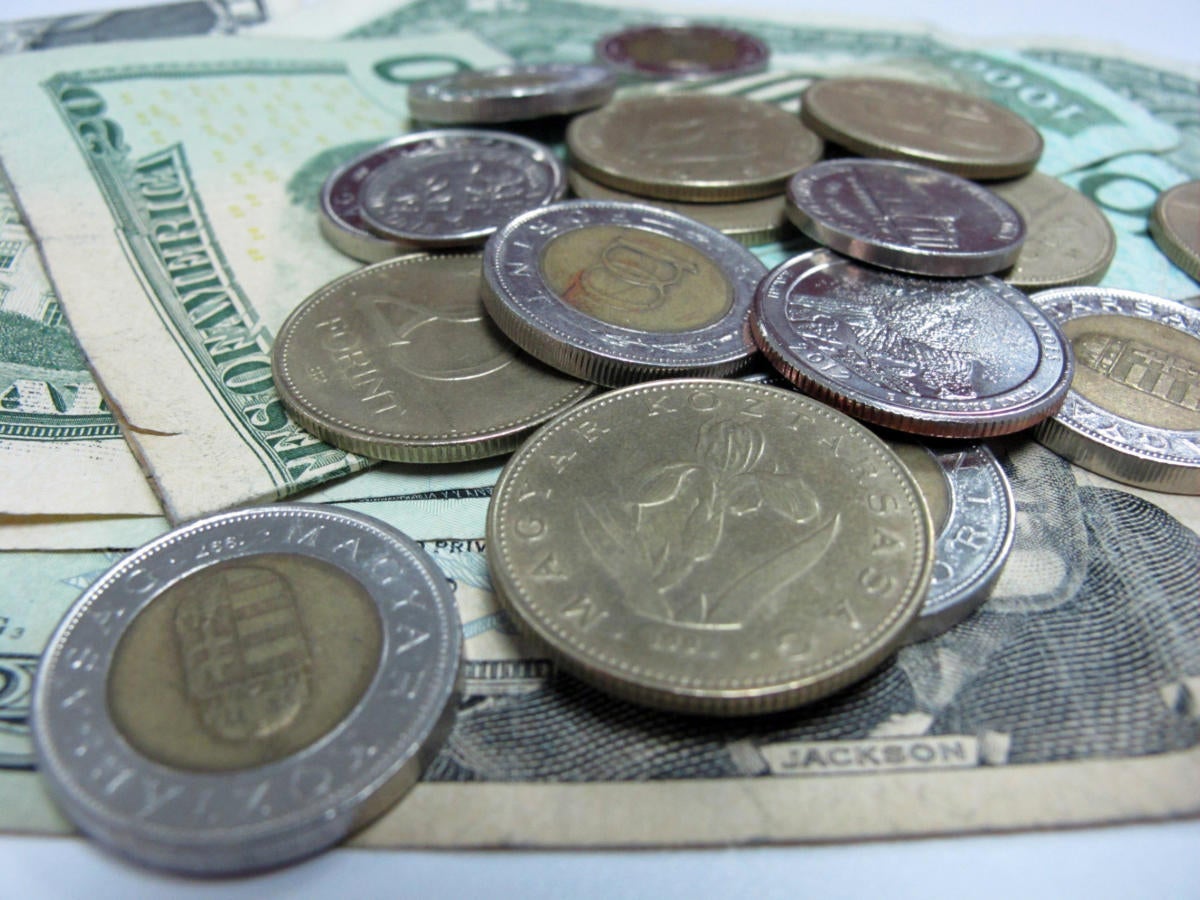The Ultimate Guide to Understanding Money: A Comprehensive Overview
Table of Contents
- Are we headed for a cashless society? | Minnesota Public Radio News
- How men and women feel about money: freedom or love?
- The Shin Guardian
- Money | LearnEnglish
- Your most valuable resource… Part 3 – Money – Khalil S. Patwa – Solutions
- The tyranny of service providers’ global rate cards | CIO
- रात्री 'ही' 5 कामं कराल तर, कर्जबाजारी व्हाल!
- What is concept of money?
- Minimum wage rise officially recommended
- दशैँको लागि आजबाट नयाँ नोट साट्न पाइने - Good News24

Money is a fundamental aspect of modern life, and its significance extends beyond just being a medium of exchange. It plays a crucial role in shaping economies, influencing trade, and impacting individuals' lives. In this article, we'll delve into the world of money, exploring its definition, history, types, and functions, as well as its impact on society.


What is Money?

According to Wikipedia, money is any item or verifiable record that is generally accepted as payment for goods and services and repayment of debts in a particular country or socio-economic context. Money's primary functions include acting as a medium of exchange, a unit of account, and a store of value. It facilitates trade, simplifies economic transactions, and provides a standard unit for measuring the value of goods and services.


A Brief History of Money

The concept of money has evolved significantly over time. From ancient civilizations using commodity-based currencies like gold and silver to modern digital payment systems, the history of money is a rich and fascinating topic. The first coins were introduced around 700 BCE, and paper money emerged during the 11th century in China. The development of fiat currency, which has no intrinsic value but is backed by governments, marked a significant shift in the evolution of money.

Types of Money
There are several types of money, including:
- Commodity-based money: backed by a physical commodity, such as gold or silver
- Fiat money: has no intrinsic value but is backed by governments
- Representative money: represents a claim on a commodity or asset
- Digital money: electronic forms of money, such as cryptocurrencies and digital wallets

Functions of Money
Money serves several essential functions in an economy:
- Medium of exchange: facilitates trade and economic transactions
- Unit of account: provides a standard unit for measuring the value of goods and services
- Store of value: allows individuals to save and store value for future use
- Standard of deferred payment: enables individuals to borrow and lend money

Impact of Money on Society
Money has a profound impact on society, influencing economic growth, inequality, and individual well-being. The distribution of money within a society can affect social mobility, education, and healthcare outcomes. Moreover, the digitalization of money has transformed the way we conduct financial transactions, making it faster, more convenient, and accessible to a broader audience.
In conclusion, money is a complex and multifaceted concept that plays a vital role in modern society. Understanding its definition, history, types, and functions is essential for navigating the intricacies of economics and finance. As the world continues to evolve, it will be interesting to see how money adapts to new technologies and societal needs, shaping the future of trade, commerce, and individual lives.
For more information on money and its various aspects, visit Wikipedia's Money page, which provides a comprehensive overview of the topic.